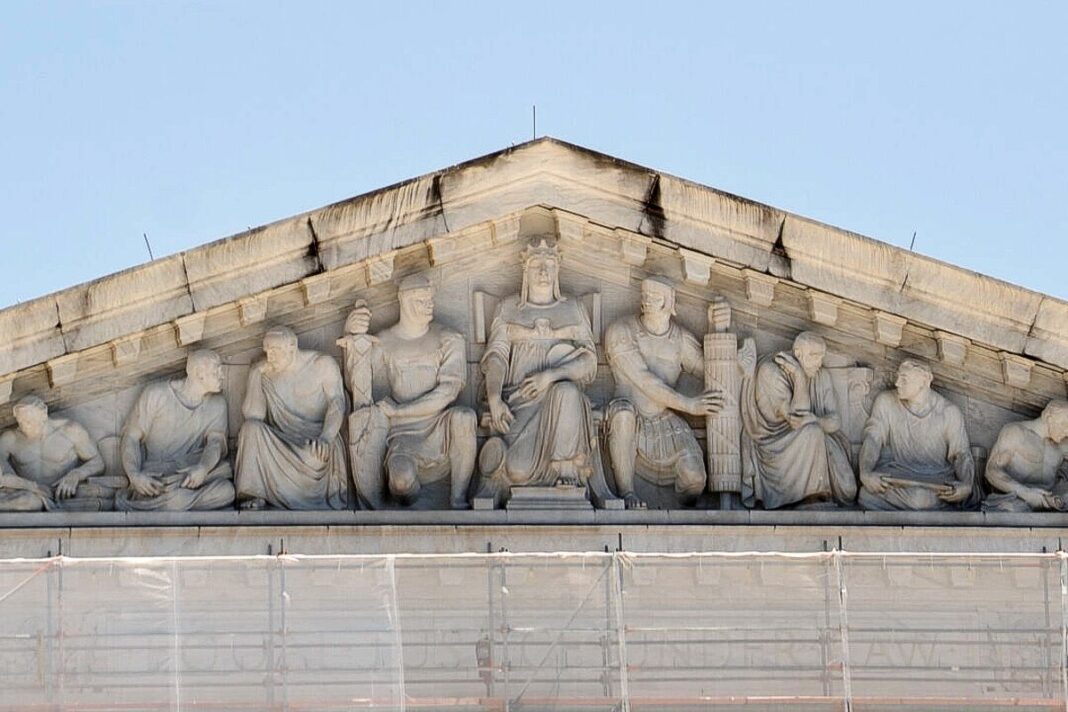The Montana Supreme Court previously ruled the law violated the state constitution.
The U.S. Supreme Court on July 3 rejected Montana’s request to reinstate a long-blocked law that requires parental consent before a doctor may perform an abortion on a minor.
Although the state’s Parental Consent for Abortion Act was enacted in 2013, it has been held up in litigation since then and has never taken effect. The law would require girls under the age of 18 to obtain notarized, written parental consent before seeking an abortion unless a judicial waiver is granted.
Montana’s Constitution has recognized a right to abortion since 1999. Current state law allows abortions until a fetus is deemed viable outside the womb, usually around 24 weeks. In November 2024, state voters approved the “Right to Abortion Initiative.” The measure amended the state constitution to include a “right to make and carry out decisions about one’s own pregnancy, including the right to abortion.”
The U.S. Supreme Court’s new decision to deny the state’s petition took the form of an unsigned order in State of Montana v. Planned Parenthood of Montana. The high court did not explain its decision.
No justices dissented, but Justices Samuel Alito and Clarence Thomas attached a statement explaining why they voted not to hear the case.
In August 2024, the Montana Supreme Court held in Planned Parenthood of Montana v. State of Montana that the state law places an undue burden on minors seeking abortions, violating “the fundamental right of a minor to control her body and destiny” as guaranteed by the Montana Constitution.
In a petition filed Jan. 10 to appeal the state supreme court’s ruling, Montana Attorney General Austin Knudsen told the U.S. Supreme Court that the 2013 state statute was consistent with Roe v. Wade (1973), the U.S. Supreme Court precedent in effect at the time, which said there was a right to abortion until fetal viability.
The nation’s highest court overturned Roe v. Wade in 2022 in a ruling known as Dobbs v. Jackson Women’s Health Organization. Dobbs held that there is no federal constitutional right to abortion and returned regulation of the procedure to the states.








